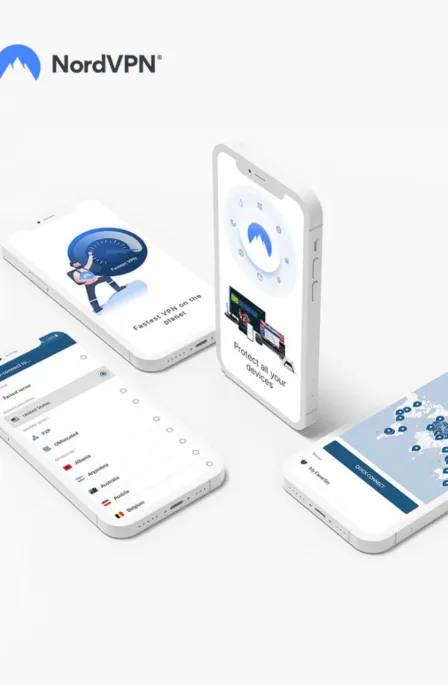SSL stands for Secure Sockets Layer and is the security standard when a web server and a web browser establish an encrypted link. SSL keeps communications private and secures and is out of the hands of unscrupulous-minded Internet thugs.
VPN stands for virtual private network, providing a secure Internet connection by “tunneling” technology. Between SSL and VPN, users are more than assured that their connection to the Internet and that data transfer is safe and secure.
SSL provides data encryption and is used with online ordering and payment systems. Most browsers have SSL built into it, offering more flexibility and less administrative work for the user. Coupled with VPN benefits, it takes security to the next level. Running SSL with a VPN does not require any specialized software.
SSL uses public keys subject to encryption, which requires two different types of keys: one known to the first computer and a key sent to the second computer with which it will communicate. Once the data reaches the network’s end, it is no longer encrypted. That is where the VPN server takes over and keeps the data private and secure.
An SSL VPN is compatible with most standard web browsers and does not need special software to make the program work. Wireless connections can also be used with an SSL VPN system and are ideal when connecting to a Wi-Fi hotspot or an unsecured public network.
SSL VPN systems offer a secure and flexible option for telecommuters, travelers, and contractors to connect to an internal or private network. This is a great way to put efficiency into a task and produce more work timelily.
It is essential to ensure each computer has an up-to-date antivirus program to protect the computers from worms and viruses that do nothing but play havoc with computers and sometimes even destroy the operating system, rendering the computer useless.
Share this article
About the Author
Rebecca James is an IT consultant with forward thinking approach toward developing IT infrastructures of SMEs. She writes to engage with individuals and raise awareness of digital security, privacy, and better IT infrastructure.
More from Rebecca JamesRelated Posts

What is VPN Split Tunneling and How Does it Work?
Split tunneling is a VPN feature for anyone accessing foreign networks while connecting to their LAN...

What is VPN Encryption? It’s Types and Algorithims
Encryption is a method for enhancing the security and privacy of sensitive data or information that ...

Why is Opera VPN Not Working? How to Fix Opera VPN?
KEY TAKEAWAYS Opera VPN is a proxy service, not an actual VPN. That’s why it doesn’t wor...

VPN vs. Firewall vs. Antivirus: Which One is Better?
KEY TAKEAWAYS VPN, Antivirus, and Firewall are the most important tools to protect your online priva...

A Guide to Choosing the Right VPN for Downloading
How to hide downloading files from ISP? From the very start of the hilarious popularity of P2P file-...

What is Port Forwarding and How Does it Work?
Port Forwarding is a technique for redirecting computer signals between the local network and the In...





